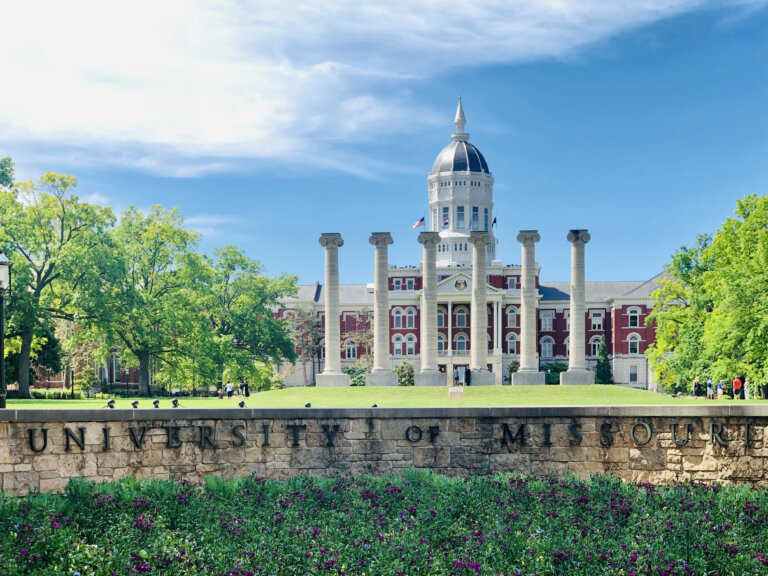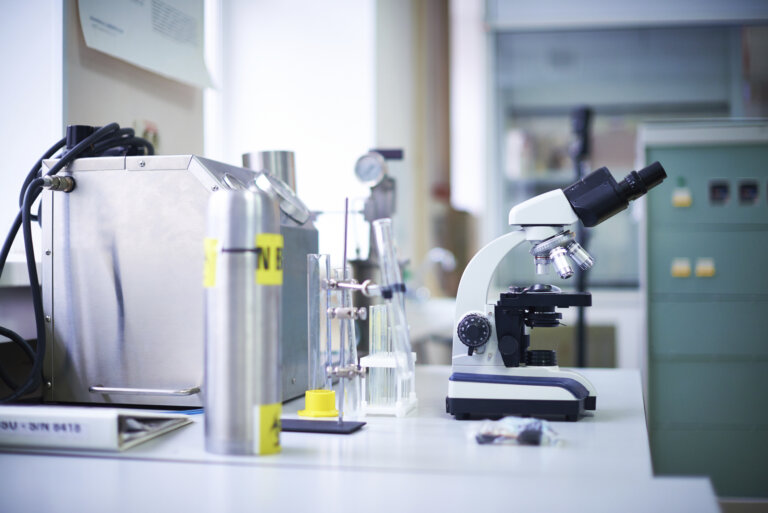University of Missouri Scientists Achieve Breakthrough in Removing Nanoplastics from Water
- January 02, 2025
In a groundbreaking step toward combating global water pollution, scientists at the University of Missouri (Mizzou) have developed a liquid-based solution capable of removing more than 98% of nanoplastics from water. This achievement represents a promising step toward a sustainable, cost-effective solution for mitigating the nanoplastic pollution crisis, which has been shown to harm humans and wildlife.

Nanoplastics, invisible particles smaller than a human hair, are increasingly polluting aquatic ecosystems. Linked to health risks such as cardiovascular and respiratory diseases, they also disrupt marine life and contaminate the food chain. Despite their widespread presence, finding an efficient and scalable way to remove these pollutants has remained a daunting task.
The University of Missouri is one of the nation’s top-tier research universities (R1 status), known for advancements in cancer research, agriculture, and veterinary medicine. The University of Missouri Research Reactor (MURR®) is the largest university-operated research reactor in the U.S. and plays a transformative role in advancing human health. Its cutting-edge technology and unique capabilities make it a global leader in medical isotope production, cancer research, and innovative treatments. In 2023, as the only producer of four medical isotopes in the U.S., the University announced it would increase its supply of these lifesaving isotopes with a $20 million expansion of its medical research reactor facility.
By leading advancements in environmental science and human health, Mizzou reinforces Missouri’s reputation as a global leader in scientific innovation.


